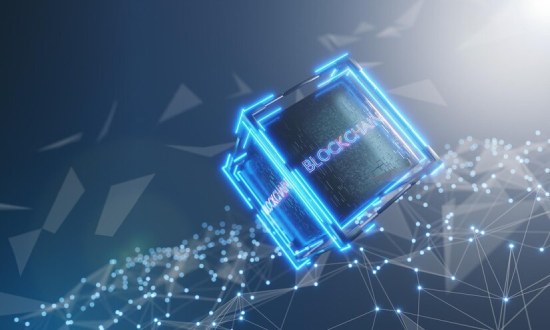Brief Explanation
Rust is a systems programming language developed by Mozilla in 2010 and later maintained by the Rust Foundation. Its design blends low-level control with modern safety guarantees. Unlike C or C++, it enforces strict compile-time rules around memory and ownership. That eliminates runtime surprises like dangling pointers or buffer overflows. Performance is comparable to C++, yet it avoids garbage collection, producing deterministic execution.

 Blockchain Application Development
Blockchain Application Development
 Fintech Blockchain App Development
Fintech Blockchain App Development
 Hyperledger Application Development
Hyperledger Application Development
 STO Development Services Company
STO Development Services Company
 Exchange Development
Exchange Development
 Cryptocurrency Wallet Development
Cryptocurrency Wallet Development






